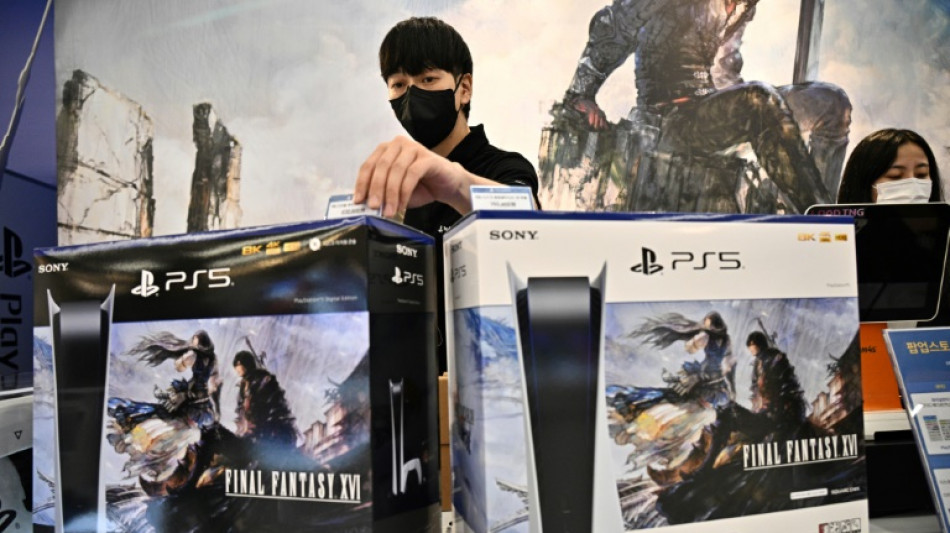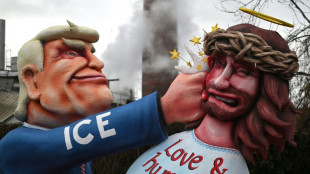

PlayStation prices rise as US tariffs bite
Sony on Wednesday said it is bumping up the price of PlayStation 5 video game consoles by $50 in the United States due to a "challenging economic environment."
Tariffs imposed by President Donald Trump hike the cost of goods brought into the US, leaving companies like Japan's Sony to decide whether to pass that on to consumers.
"Similar to many global businesses, we continue to navigate a challenging economic environment," Sony Interactive Entertainment vice president of global marketing Isabelle Tomatis said in a post.
After initially being threatened with a 25 percent hike, Japan negotiated a 15 percent tariff with the Trump administration.
"As a result, we've made the difficult decision to increase the recommended retail price for PlayStation 5 consoles in the US."
The new price for PS5 will be $550, with a "Digital Edition" priced at $500 and a Pro version for $750, according to Tomatis.
In May, Sony warned it was considering tweaking prices in the US, estimating that tariffs could wind up costing the company about $680 million in the fiscal year.
American companies are feeling the crunch, too.
New York-based cosmetics giant Estee Lauder recently estimated the impact of the new tariffs at around $100 million for the 2026 financial year and plans to adjust its prices to offset the additional cost.
US snack giant PepsiCo could increase prices of its soft drinks about 10 percent to mitigate effects of US tariffs, particularly those on imported aluminum used to make soda cans, according to trade magazine Beverage Digest.
Meanwhile, California-based energy drink maker Monster Beverages is considering raising prices due to a "complex and dynamic customs landscape," according to chief executive Hilton Schlosberg.
The Commerce Department this week said the US broadened its steel and aluminum tariffs, impacting hundreds more products that contain both metals such as child seats, tableware and heavy equipment.
Since returning to the presidency, Trump has imposed tariffs on almost all US trading partners.
Though the impact of Trump's tariffs on consumer prices has been limited so far, economists warn that their full effects are yet to be seen.
Some businesses have coped by bringing forward purchases of products they expected will encounter tariffs. Others have passed on additional costs to their consumers, or absorbed a part of the fresh tariff burden.
P.Ghosh--MT




